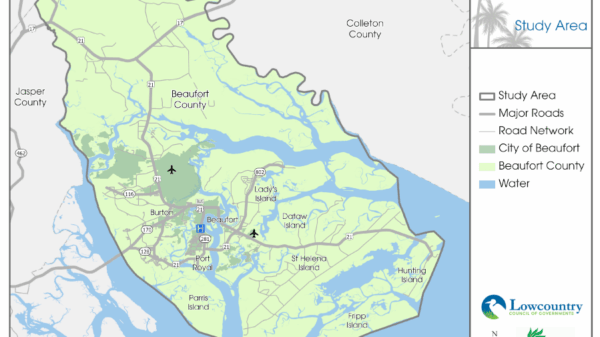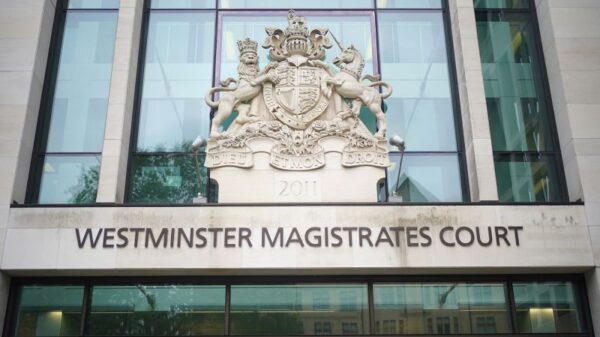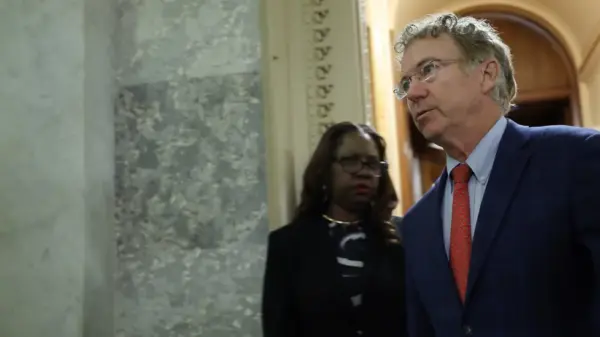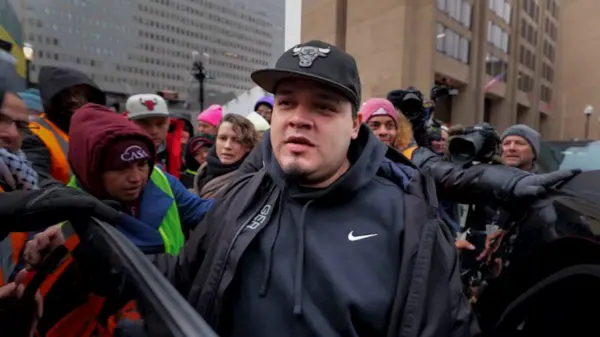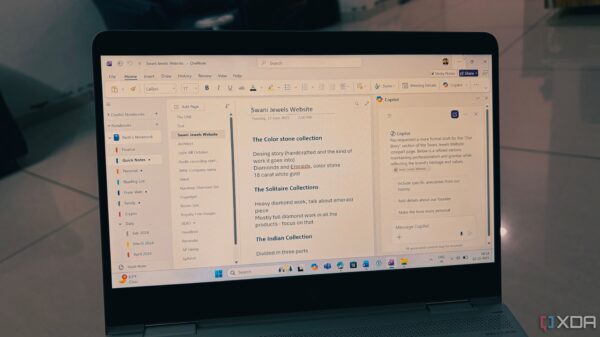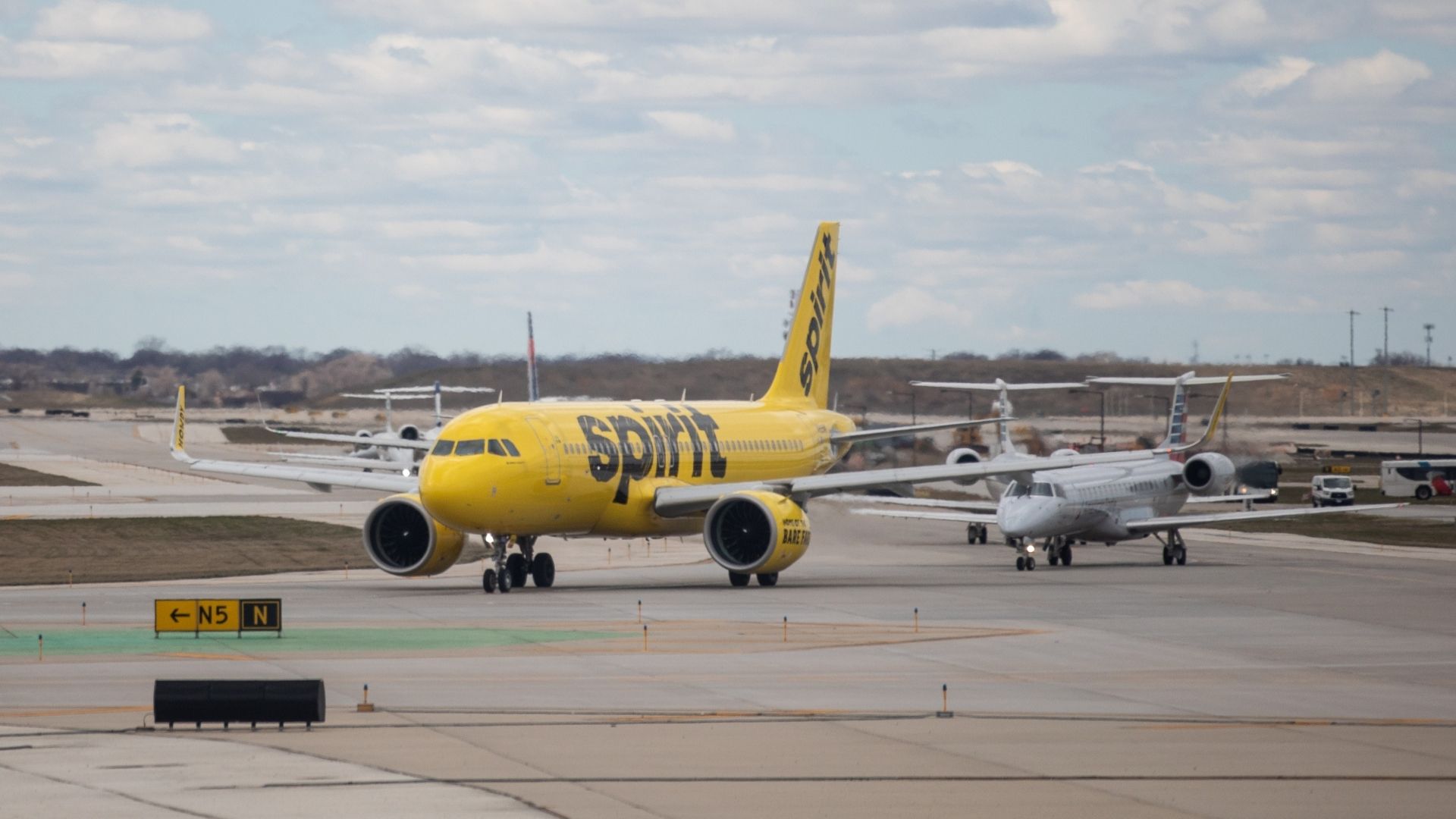Commercial aviation in the United States experienced significant turmoil recently, with Chicago O’Hare International Airport (ORD) leading the nation in flight disruptions. On March 6, 2024, O’Hare reported a staggering total of 943 flights either canceled or delayed, representing approximately 74% of its planned operations. The airport faced 320 cancellations and 623 delays, largely due to a combination of staffing shortages and a winter storm warning.
Operational Struggles Amid Staffing Shortages
According to data from Flightradar24, the issues at Chicago O’Hare were compounded by ongoing air traffic control (ATC) shortages, worsened by the federal government shutdown. Air traffic controllers are currently required to work without pay, leading to increased absenteeism as staff call in sick due to stress. This situation prompted the Federal Aviation Administration (FAA) to implement a ground delay program at O’Hare between 11:50 on March 6 and 00:59 on March 7, as the airport struggled with operational capacity.
The FAA raised concerns about the safety of maintaining current operational levels, stating, “With continued delays and unpredictable staffing shortages, which are driving fatigue, risk is further increasing.” Passengers at O’Hare faced an average delay of 53 minutes, a stark contrast to the 15 minutes reported at neighboring Chicago Midway Airport (MDW).
Widespread Disruptions Across the U.S.
Chicago O’Hare was not alone in facing operational challenges. The impact of the government shutdown extended across the country, with nine of the top ten airports for delays and cancellations located in the United States. Hartsfield-Jackson Atlanta International Airport (ATL) ranked second, recording 150 cancellations and 270 delays.
Meanwhile, Phoenix Sky Harbor International Airport (PHX) reported 63 cancellations, which accounted for 9% of its operations, but half of its flights experienced delays, totaling 350. Other affected airports included New York LaGuardia (LGA), Boston Logan (BOS), and Las Vegas (LAS), with Toronto Pearson International Airport (YYZ) as the only non-U.S. airport in the top rankings. Toronto noted 64 cancellations and 292 delays, influenced by the same winter storm.
As the disruptions continue, reactions from government officials have emerged. Donald Trump has threatened to dock the pay of air traffic controllers who take time off during the shutdown while proposing bonuses for those who remain on duty. Transportation Secretary Sean Duffy warned that air traffic could “reduce to a trickle” if the situation persists.
The ongoing chaos in the aviation sector underscores the complex interplay between staffing issues and external environmental factors, leaving passengers and airlines grappling with uncertainty as March progresses. With no clear resolution in sight, the potential for continued delays and cancellations remains high, emphasizing the need for swift government action to address the staffing crisis in air traffic control.


